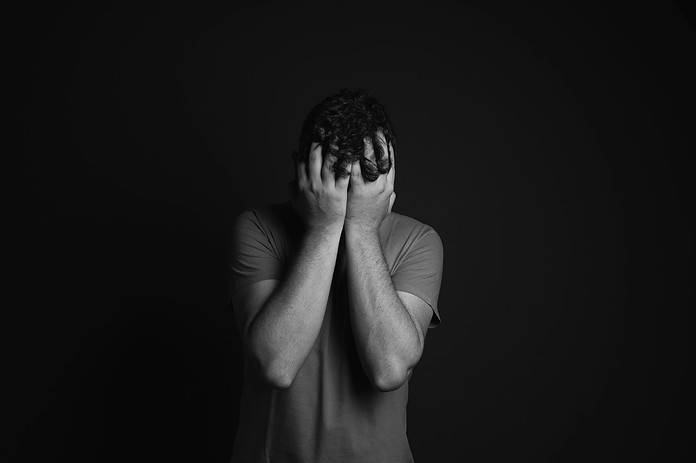We are living in a world where individuals no longer have to learn how to fit into the culture. Instead, we are changing society to be accepting of any and all behavior and thinking. Should accommodating everyone’s thoughts and unusual behavior be normalized? Would it result in resentment as well as pain at a sensitive time in a person’s life? Would it be positive or negative for society?
The permissive child-rearing philosophy of Dr. Benjamin Spock and his immense network of followers has radically affected the way we view people in general. In our modern culture, each person is unique and should be able to create their own world with as much freedom and minimal redirection as they want.
This radical shift in our society from the need for a certain degree of conformity to “doing your own thing” has opened up society’s tolerance to many behaviors and thinking that were shunned or punished as anti-social in the recent past.
Long periods of isolating oneself in one’s room, not working a 9-5 job, not talking with others, or being on social media every waking hour can be cause for mental health concerns. This is not normal, even in our everything goes society. What should or can society do to set societal parameters?
Our culture no longer clearly designates right or wrong, good or bad, or easy-to-understand norms. People who were once considered unstable or mentally ill are receiving greater tolerance in our society since many are just “doing their own thing.” Our tolerance level has risen to a level where little is shunned and almost all behaviors are acceptable.
Behaviors that were precursors to mental illness are now often viewed as normal or “cool” by large segments of the country. We have become a much more tolerant society where everything goes and little is seen as offensive or out of the acceptable norm.
Mental illness has lost its stigma in our society. Too often, harmful and self-destructive behaviors are being overlooked or have become acceptable. Our society’s acceptance of mental illness is weakening society. We need to return to defining specific acceptable positive and negative behavior. This is how a consensus of people would want others to behave so society is functioning more effectively. In societal situations, the message needs to be conveyed clearly and precisely with sufficient negative consequences to stop the behavior.
For a society to be successful, its rules of behavior and appropriate thinking have to be clearly defined and followed by an overwhelming majority of the population. When the individual is confused as to whether something is acceptable or not, he needs to be taught what is right and punished if the unacceptable behavior continues.
When the rules of the nation become blurred, confusing or conflicting with each other, the citizens attempt to insert their own interpretation of the rules to do whatever they want to do. This will cause others with the opposite interpretation to oppose them. Chaos will result until one position dominates the other.
A clear definition of what is acceptable and what is not is necessary is imperative to keep a nation stable and coherent.
Domenick Maglio, PhD. is a columnist carried by various newspapers and blogs, an author of several books and owner/director of Wider Horizons School, a college prep program. Dr. Maglio is an author of weekly newspaper articles, INVASION WITHIN and the latest book entitled, IN CHARGE PARENTING In a PC World. You can see many of Dr. Maglio’s articles at www.drmaglioblogspot.com.

